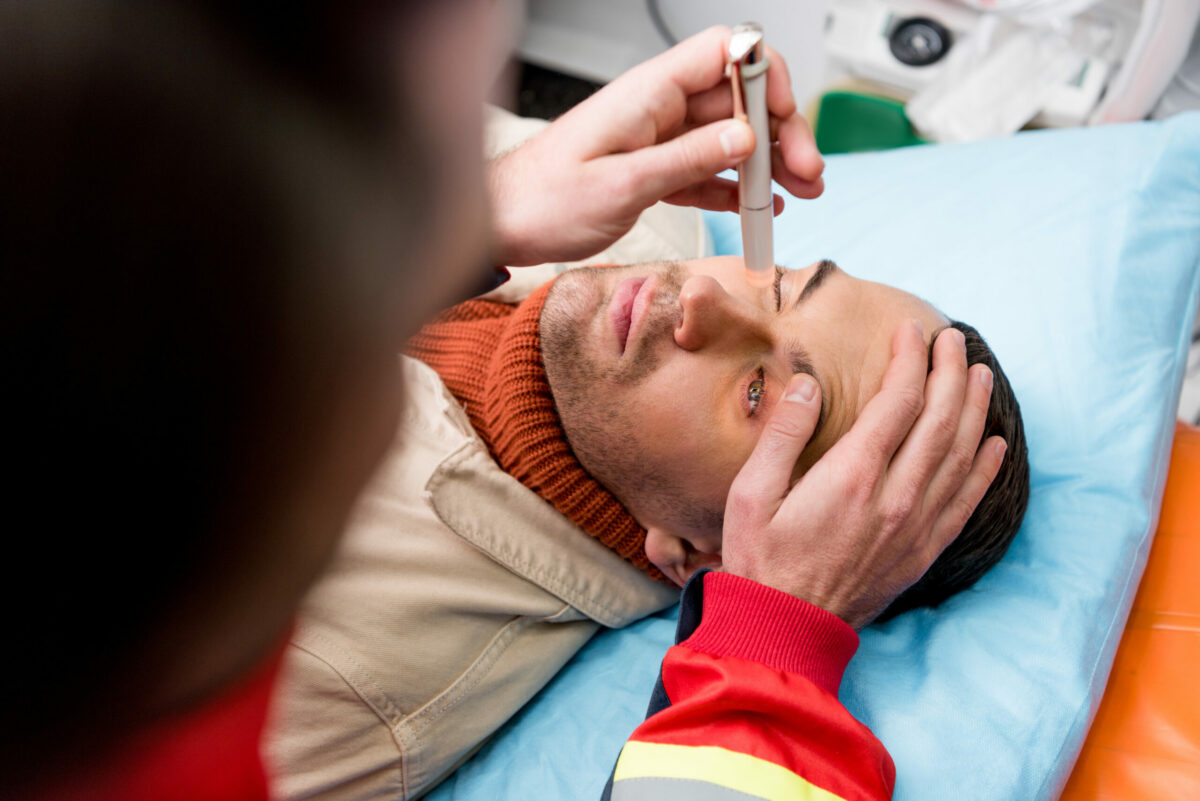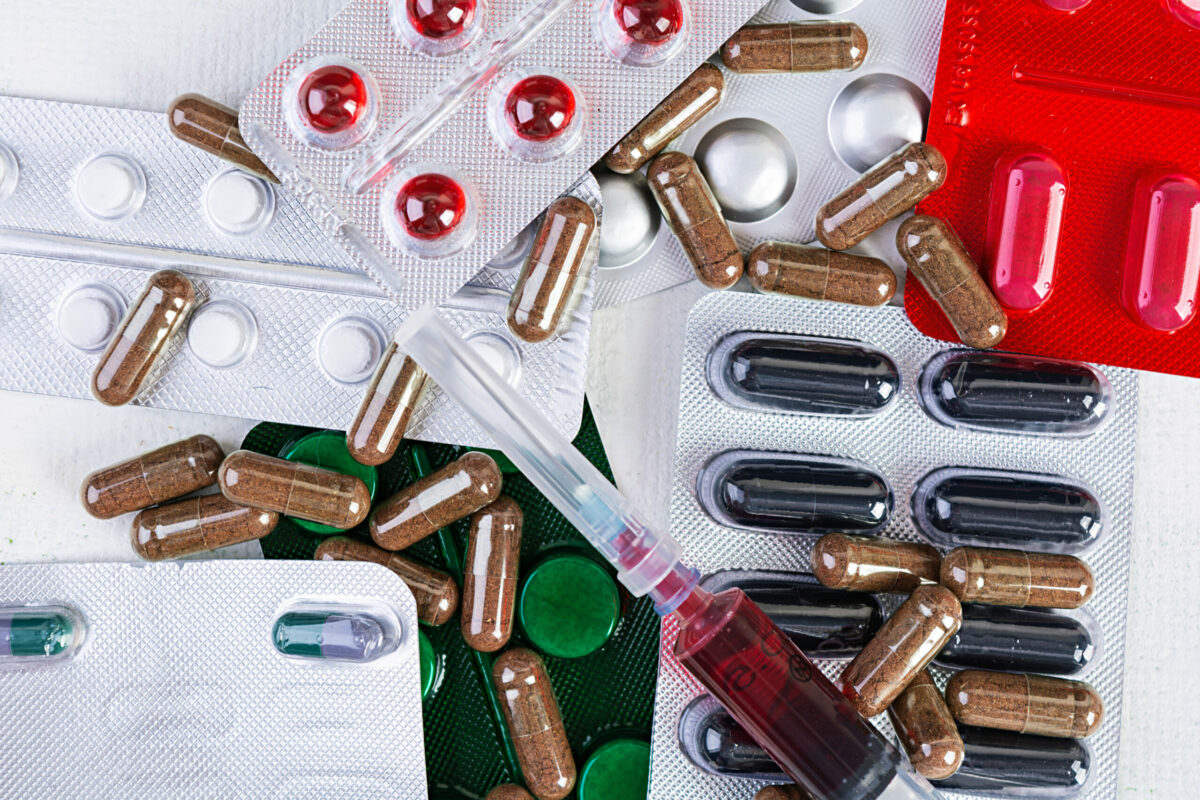This is a genetic disorder, which means it can pass from biological parents to biological children. Those who suffer from this condition experience a deficiency of Alpha-1 antitrypsin (AAT) protein. Therefore, it may lead to certain serious lung and liver diseases. Jaundiced or yellow skin and breathing problems are the most common symptoms of this condition.
People develop this condition because of reduced AAT protein production. Moreover, a quantity of this protein is also blocked in the liver. AAT protein helps to protect the lungs from inflammation and damage usually provoked by smoking, infections, pollution, and others. Damage to the lungs can lead to COPD or emphysema.
Some people know this condition as genetic COPD or genetic emphysema. Moreover, a buildup of AAT protein in the liver can cause scarring of the liver, which leads to cirrhosis. Additionally, symptoms of this condition usually appear in adulthood (20-50 years old).
Symptoms
The symptoms are different among patients. It depends on the severity of the condition, age, other existing health conditions, and other factors. Check below some examples:
- Tiredness
- Weight loss
- Wheezing or whistling while breathing
- Colds
- Fast heart rate
- If AAT deficiency impacts the liver you may also experience yellowing of the skin or eyes, swollen belly or legs, and bloody cough
Check below some symptoms that could happen in newborns:
- Jaundice (yellowish skin or eyes)
- Weight-gaining problems
- Bright yellow urine
- Bleeding
- Pale and smelly poop
- Reduced energy
Rarely, some people may develop a skin condition known as panniculitis. This skin condition provokes inflammation of the fat layer under the skin, which often leads to painful patches or lumps.
Diagnosis
Physicians to diagnose this condition use a stethoscope to check for breathing problems and can order you to do some tests. They can also ask you some questions about symptoms and medical history. Check below some tests:
- Blood Tests – These help to measure the AAT protein levels in the blood. Doctors may also verify through a blood test lung and liver function.
- Genetic Tests – This test is usually done after a blood test that confirms you have low AAT levels to determine abnormal genes linked to AAT deficiency.
- Imaging – The following imaging scans help to see lung damage. Tests include X-rays and CT scans.
- Pulmonary Function Tests – This test involves a machinery that tests how well the lungs are working.
- Liver Elastography and Ultrasound – Doctors usually perform these tests to check for liver scarring.
- Liver Biopsy – This procedure involves the removal of a small sample of the liver and verified under a microscope. It helps to determine tested organ damage.
Treatment
Unfortunately, this condition cannot be cured. Early diagnosis and treatment help to prevent future liver and lung damage. The primary treatment for AAT deficiency is usually augmentation therapy (also known as replacement therapy). This treatment works by increasing AAT protein levels in the blood. It can be used in case the patient experiences emphysema.
Furthermore, this treatment helps to supply the needs of AAT protein from healthy human donors through IV often one time per week. This therapy can decrease damage to the lungs however, it cannot reverse the condition or cure existing damage. It means you will receive these treatments for your entire life.
In addition, you may get some additional medicines such as bronchodilators if you experience breathing problems. These medicines can help to open the airways and make breathing easier. In case the medicines do not help, you may need oxygen therapy through a mask or nosepiece. Healthcare professionals may also advise you to go into pulmonary rehab because there you can learn breathing exercises and techniques and how to cope with daily activities easier.
Is It Important to Get Tested for Alpha-1?
Yes, because AAT deficiency early diagnosis and treatment may delay or prevent lung and liver problems. Another important piece of information that you should know is that this condition can pass to your children and it is better when you know about it.
What Are Doctors Involved in The AAT Deficiency Treatment?
- Pediatrician
- Geneticist
- Pulmonologist
- Gastroenterologist
- Pulmonary rehab team
What Should I Expect if Was Diagnosed With AAT Deficiency?
This health condition affects people differently. While some people may have few or no symptoms at all, others may experience severe health problems. For example:
- Trouble breathing – In case you develop lung disease and experience breathing problems, you become more sensitive to dust, pollen, smoke, and other allergens.
- COPD – Low levels of AAT protein can also provoke chronic obstructive pulmonary disease (COPD). This lung disease commonly shows emphysema symptoms, which is a serious condition of the lungs.
- Liver Problems – Approximately 30%-40% of people with AAT deficiency experience liver problems at least once during their lives. In any case, children are more likely to develop liver disease than lung disease. About 10% of children experience severe liver disease.
Liver Issues Treatment
The treatment can help you delay or prevent future organ damage. Usually, doctors recommend the following treatments to relieve the symptoms. For example:
- Vitamin supplements
- Abdominal fluid and bleeding treatments
- Drugs to lessen jaundice or itching
Some people may require a liver transplant because the damage to their liver is severe or life-threatening.
Complications
Many people with AAT deficiency may not have any symptoms or health problems, especially if they are not smoking. In any case, AAT deficiency may cause some serious diseases. Examples include:
- COPD
- Emphysema or Bronchiectasis
- Hypertension (high blood pressure)
- Liver scarring, failure, or cancer
- Panniculitis
- Heart or respiratory failure
In case you suspect you have any of the previous complications, immediately contact your healthcare professional.
Frequently Asked Questions
Is AAT deficiency a curable condition?
However, there is no way to cure this condition but proper treatment can help to lessen the symptoms and prevent future organ damage.
Can you drink alcohol with AAT deficiency?
It is not advised to use tobacco and alcoholic products if you have this condition because these can elevate your risk of developing serious liver diseases.
What is the best AAT deficiency treatment?
Augmentation therapy is considered the best treatment for this condition. It helps to increase the AAT protein in the blood. However, people with AAT deficiency receive this treatment all their life. If you have any additional questions, ask your healthcare professional.




